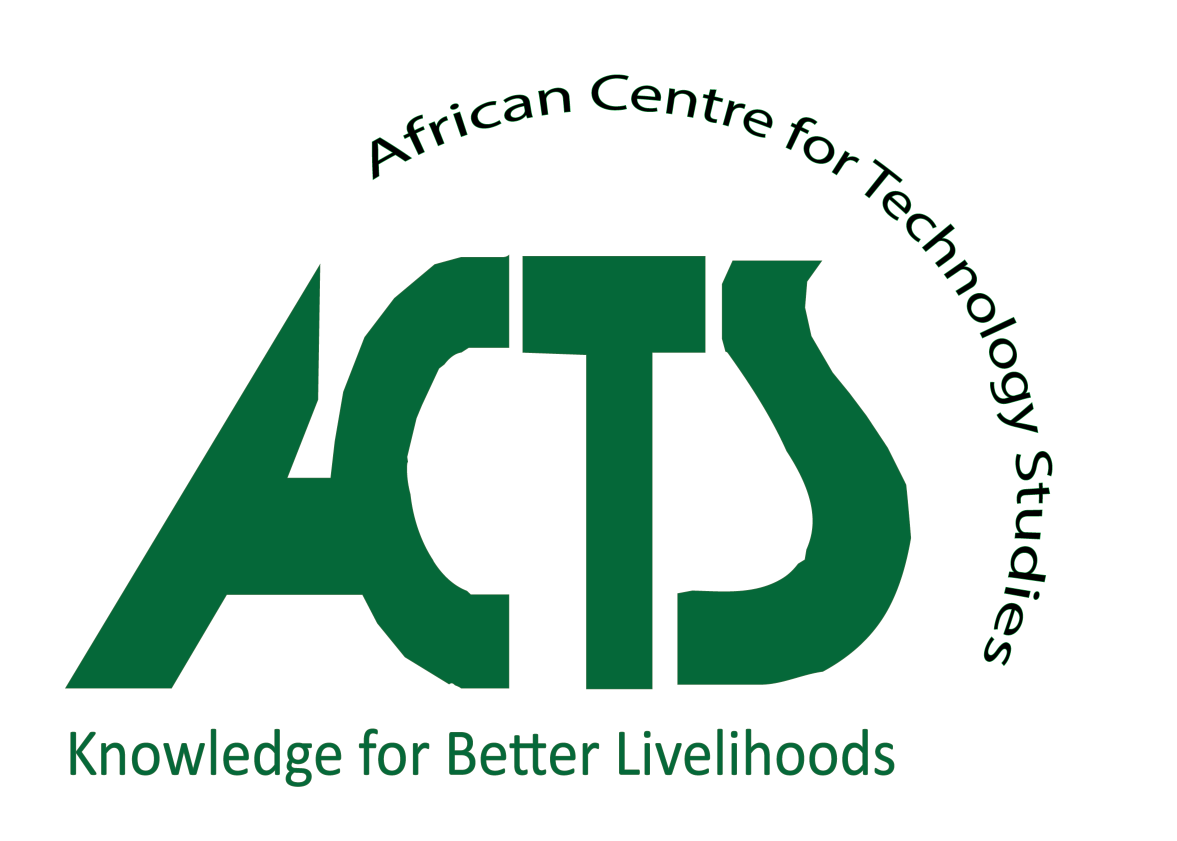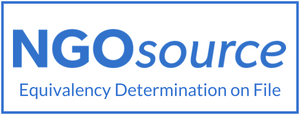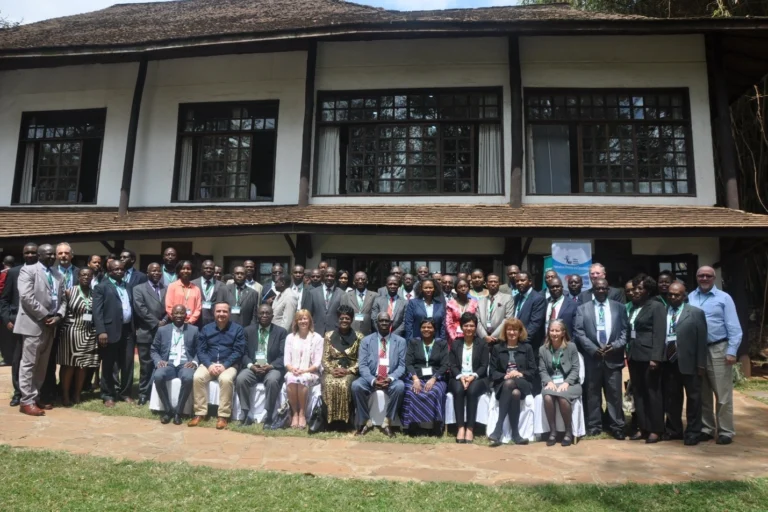
Developing contextual STI data at the continental level is key for effective decision making. In this context, the project, “Assessment of science, technology and innovation (STI) metrics in Africa” represents an exciting opportunity to use past and ongoing research to help governments, other policy makers, and donors make decision on future investment both in STI and in the collection of data to better measure and assess STI.
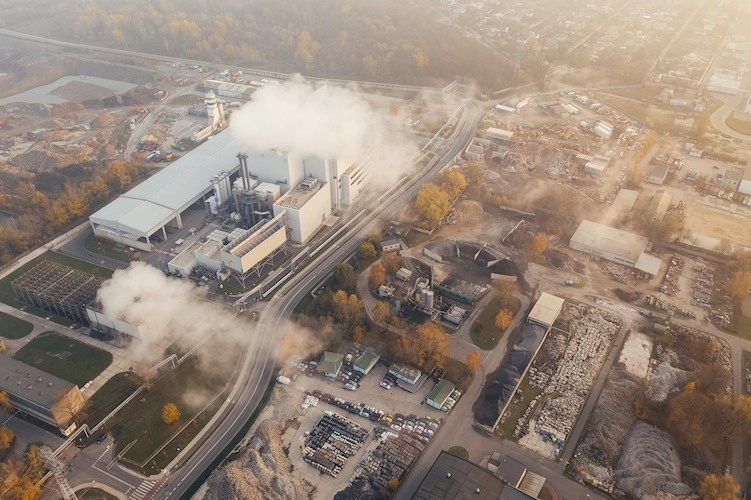
Capacity building initiatives aim to enhance knowledge sharing and coordination and their results are evident globally, regionally, and nationally.

ASAP brings together leading UK, Kenya, Uganda and Ethiopia researchers in air pollution, urban planning, economic geography, public health, social sciences and development studies to provide a framework for improved air quality management in three East African cities: Addis Ababa (Ethiopia), Kampala (Uganda) and Nairobi (Kenya).

The Nairobi risk hub project is part of the larger Urban Disaster Risk Hub (Tomorrow’s Cities). it is a five-year global interdisciplinary research hub funded by UK Research and Innovation (UKRI) Global Challenges Research Fund (GCRF).

The aim of MECS project is to catalyse the transformation of clean cooking through technological, institutional and market innovations that enable long-term use of MECS to generate inclusive environmental and development benefits for the poor.

Humboldt University in Berlin, Germany and partners in East Africa implemented a project entitled “Diversifying food systems: Horticultural Innovations and Learning for Improved Nutrition and Livelihood in East Africa” (HORTINLEA).
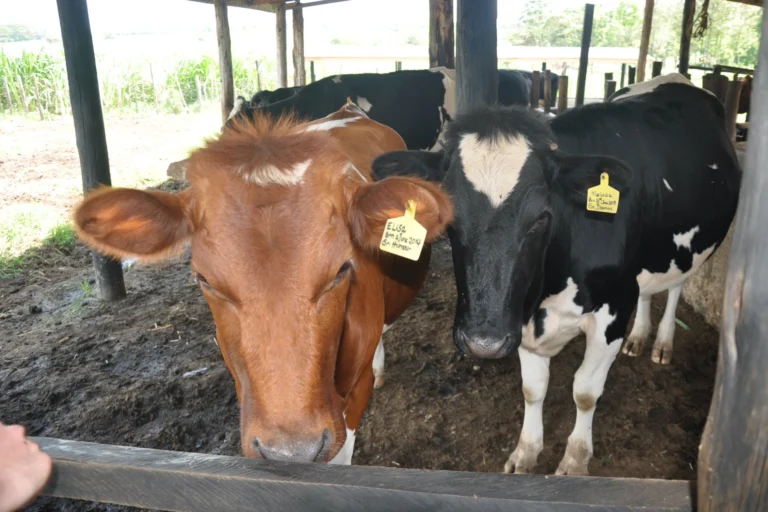
This research project “Multiple pathways and inclusive low emission development: navigating towards leverage points in the East-African dairy sector” identifies and analyses institutional conditions for scaling low-emission development dairy interventions in an inclusive manner.

Knowledge Systems Innovation project is a project funded by Department for International Development (DFID) and seeks to generate evidence on how Science, Technology and Innovation (STI) can work in the low and middle-income (LMI) countries: Kenya, Tanzania and Rwanda. This builds on the understanding and the need to invest in Science, Technology and Innovation (STI) capability as recognised by Africa Union’s Agenda 2063 and various country development visions.

The 3R (robust, reliable resilient)- from ‘Aid to Trade’ project is a 3.5 years initiative implemented by Wageningen University & Research, in the Netherlands in collaboration with various Kenya partner institutions and funded by the Embassy of the Netherlands in Kenya (EKN).
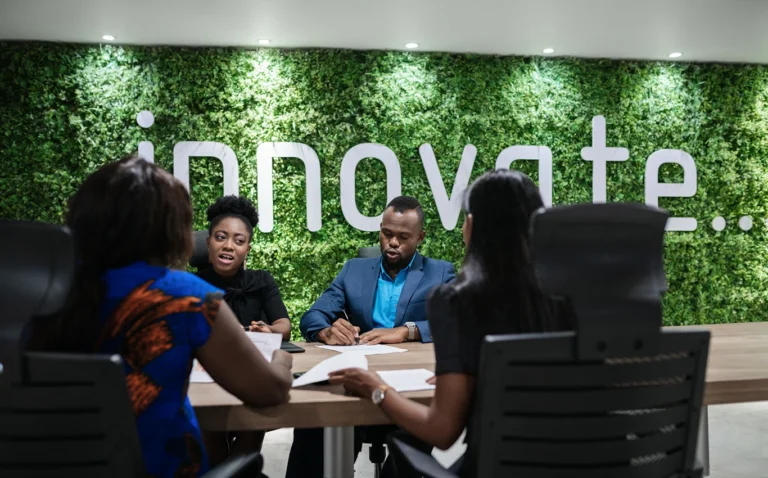
Implementing institutions : California Polytechnic State University (Cal Poly), USA and African Centre for Technology Studies, Nairobi Kenya

The project will focus on transformation processes in three areas of crucial relevance to sustainable development, relating in particular to pressing imperatives in countries of the Global South: energy systems, agriculture, and urban digital infrastructures.

The project looks into the role of disasters including air quality in contributing to environmental and livelihood sustainability and how best to manage air quality in a manner that reduces climate risks especially in our ever-growing cities. Indeed the theme of the 3rd United Nations Environment Assembly (UNEA 3) is specifically framed around air pollution and how best to understand the dynamics associated with such pollution.

Clean and sustainable energy for all is a major low carbon development indicator for developing countries who are seeking climate compatible development options. Access to clean energy is a key part of the UN Sustainable Development Goal (SDG) number 7 and so is the Paris Climate Change Agreement also calls for pro-poor low carbon energy for all.
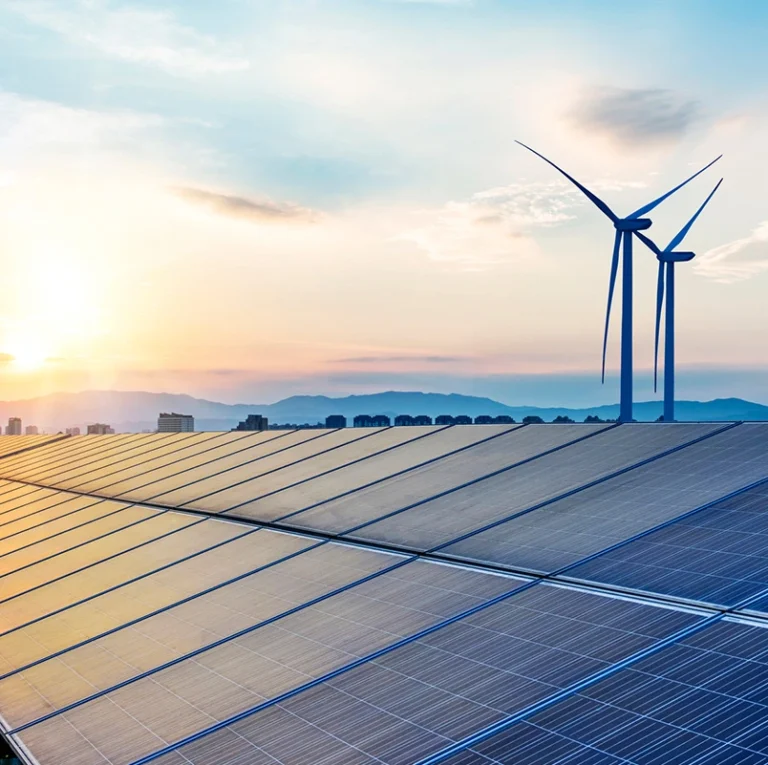
Climate change finance mechanisms such as the Clean Development Mechanism (CDM) were previously designed in ways that would only benefit large developing countries like China and India that have enhanced technological capacity and capabilities, providing attractive environments for state and non-state actors seeking to leverage climate finance to support their international investments.

This project has received funding from the European Union's Horizon 2020 research and innovation programme under grant agreement No 677363. SALSA aims to provide a better understanding of the current and potential contribution of small farms and food businesses to sustainable food and nutrition security.
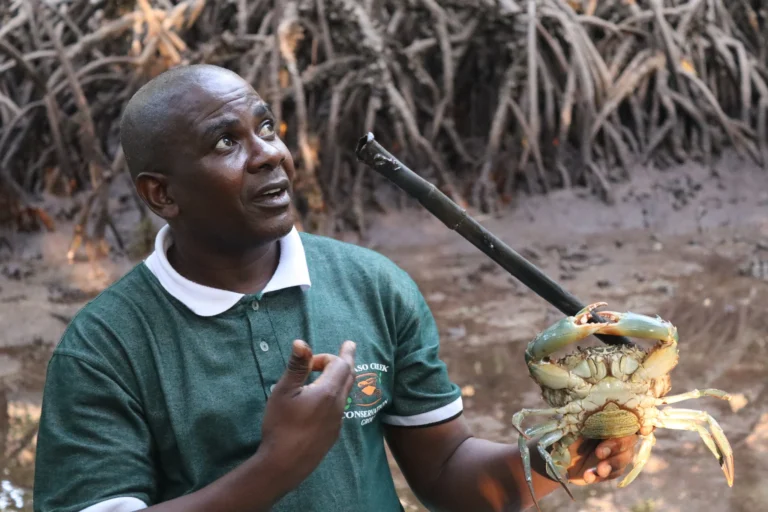
Transformative Pathways to Sustainability: learning across disciplines, contexts and cultures (PATHWAYS)

EBAFOSA was created following the unanimous adoption of the Nairobi Action Agenda and the constitution of the EBAFOSA by over 1200 delegates drawn from government and policy, the private sector, academia and research, international bodies, intergovernmental bodies, NGOs, civil society, women and youth groups, and individual publics from across Africa.

As the global climate change regime moves ahead towards 2020, there will be increasing investments related to climate change mitigation and adaptation in poor countries. Ensuring that the most adequate technologies are selected and that they are diffused and used in such a way that the outcome is better living conditions for the population is a major challenge.

This research looks at investments, adoption and use of renewable energy in Makueni and Kisumu counties. It focuses on mapping of investments, adoption and use through the lens of gender equity and social inclusion. The main objectives are:

It’s not energy access that is key to changing people’s lives but how people use that energy that’s important
In recent years, we have seen an increase in activity to provide energy to low-income households and communities in developing countries, through micro-grids and other methods of distributed energy resources.
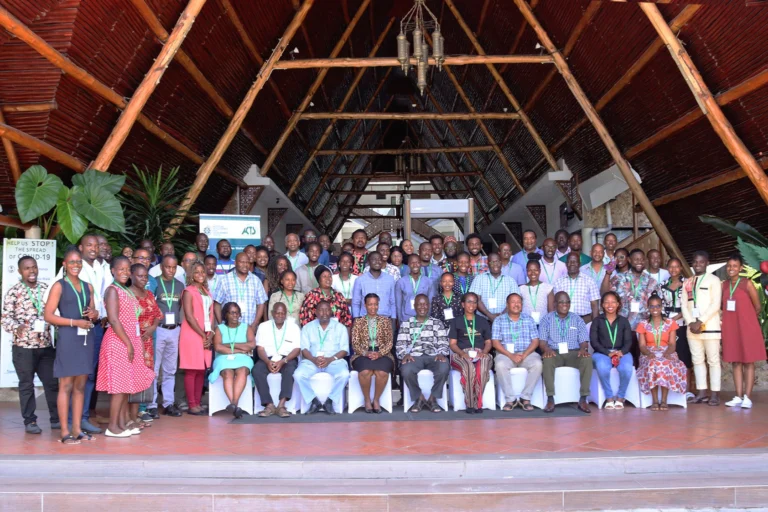
ACTS was contracted by the Canadian International Development Research Council (IDRC) to work with 15 African Science Granting Councils (SGCs) to strengthen collaboration between councils and with the private sector.

This project seeks to bridge the gap between research and policy making in climate change in Kenya and to strengthen the links between Kenyan climate policymakers, researchers and think tanks.

This project studies the supply chains of essential medicines and medical equipment and supplies from local industries and imports into the health systems in Tanzania and Kenya.

African Centre for Technology Studies (ACTS) is working with FAO to identify the linkages between energy access and food losses in low-income countries in Sub- Saharan Africa (SSA) and to present case studies on novel ways of using energy to reduce losses.

For many developing countries ensuring food security remains a key development challenge, often aggravated by climate change impacts.

EACIN is a network of technology institutions, entrepreneurs, business incubators and other partners within the East African Community that support the development of businesses and market for climate technologies.

This is an action-research project being undertaken by ACTS through the DFID-TERI partnership. It Started in Oct 2012 and is expected to end in July 2015. The aim is to pilot models that can be scaled for provision of clean lighting and improved cook stove solutions for poor households in Kenya.
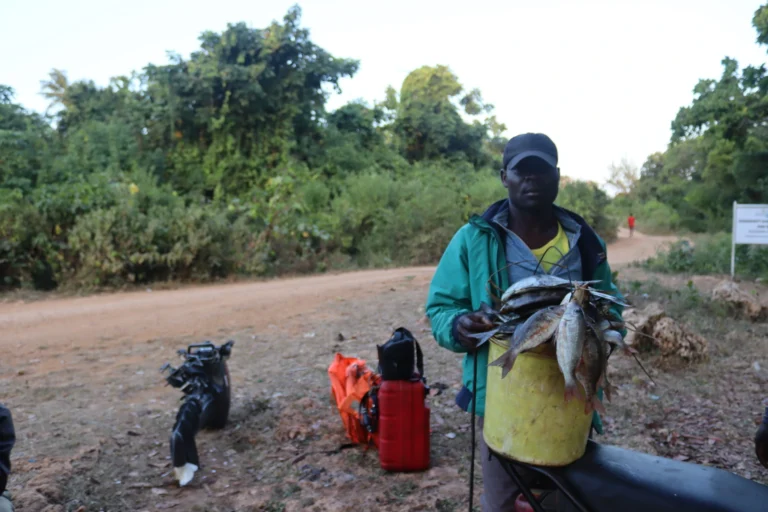
This project has been initiated by ACTS and Environment Liaison Centre International (ELCI) under the theme “greening the fisheries”. It was supported through ELCI and although it was initiated between March 2013 – November 2013, it will take several years to be implemented.

IAASTD was initiated in 2002 by the World Bank and the Food and Agriculture Organization (FAO) of the United Nations as a global consultative process to determine whether an international assessment of agricultural knowledge, science and technology was needed.

The Centre collaborated with Leonard Chesire Disability and Inclusive Development Centre, University College London (UCL) and Real Impact to carry out research to explore the livelihoods of persons with disability and their opportunities in urban agriculture. The project period was March 2012 - Dec 2012. This research project was a component of the DFID funded Cross Cutting Research Programme.
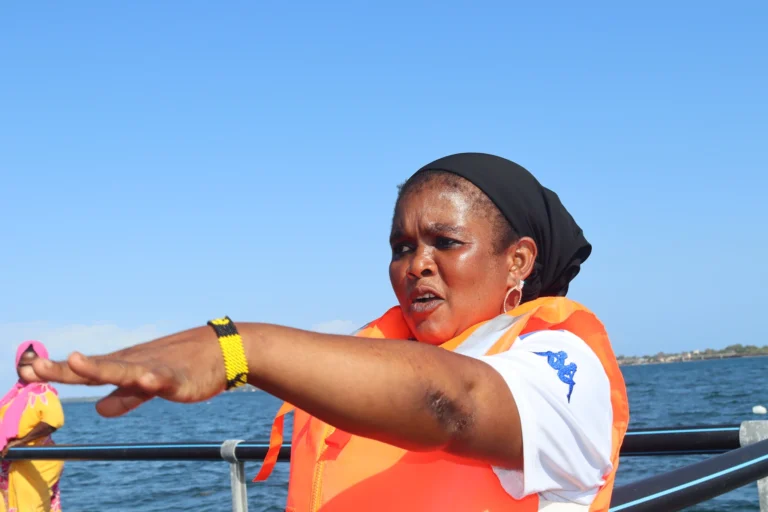
The Integrated Transboundary Water Resources Management for the Lake Victoria Basin is a training programme targeting middle to high level personnel working on water issues that are Transboundary in nature. This was a 5 year project funded by Sida and implemented through partnership between Ramboll Natura, ACTS and SEI. 2010/2011 was the 5th and last phase of the project.

The PISCES project was a 5-year initiative funded by DfiD that kicked off in 2007 up to June 2012. PISCES was granted an 18 months extension in 2012 that came to an end in December 2013. The objective of the project has been to provide policy makers with new information and approaches which they can apply to unlock the potential of bio-energy to improve energy access and livelihoods in poor communities.

ACTS in partnership with colleagues in Eastern and Southern Africa, Europe and South Asia are undertaking an action research, testing tools for community adaptation, knowledge generation and capacity building project on Community-Based Adaptation to Climate Change in Africa (CBAA).

CLACC has been a capacity building global programme targeting the Least Developed Countries (LDCs) and aims to strengthen their efforts to adapt to the unprecedented impacts of climate change linked to frequent droughts, floods, storms and others.

Climate change is affecting all countries, but Least Developed Countries and other vulnerable developing countries are expected to be hit earliest and hardest.

WeADAPT, spearheaded by the Stockholm Environment Institute (SEI), is a network of organizations working on climate change adaptation. The project seeks to collaboratively develop and pool expertise on climate change adaptation and develop and distribute new and innovative tools, methods and datasets.

In Kenya and other East African countries, there is a huge impetus to innovate in a context of uncertainty - in the world economy, climate change and human security. Innovation can be harnessed for development in many ways by both public and private sectors – from governments and transnational companies to small entrepreneurs filling a low cost market niche.

Numerous governments, businesses, and civil society organisations aim to contribute to achieving the 17 Sustainable Development Goals in the global South. However, cherry-picking SDGs coupled with lack of alignment between initiatives means trade-offs are not addressed and opportunities for synergy are missed.

